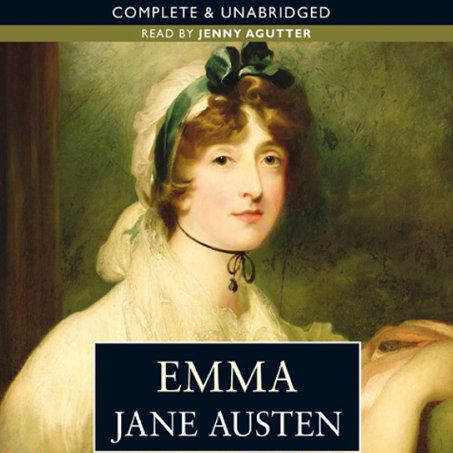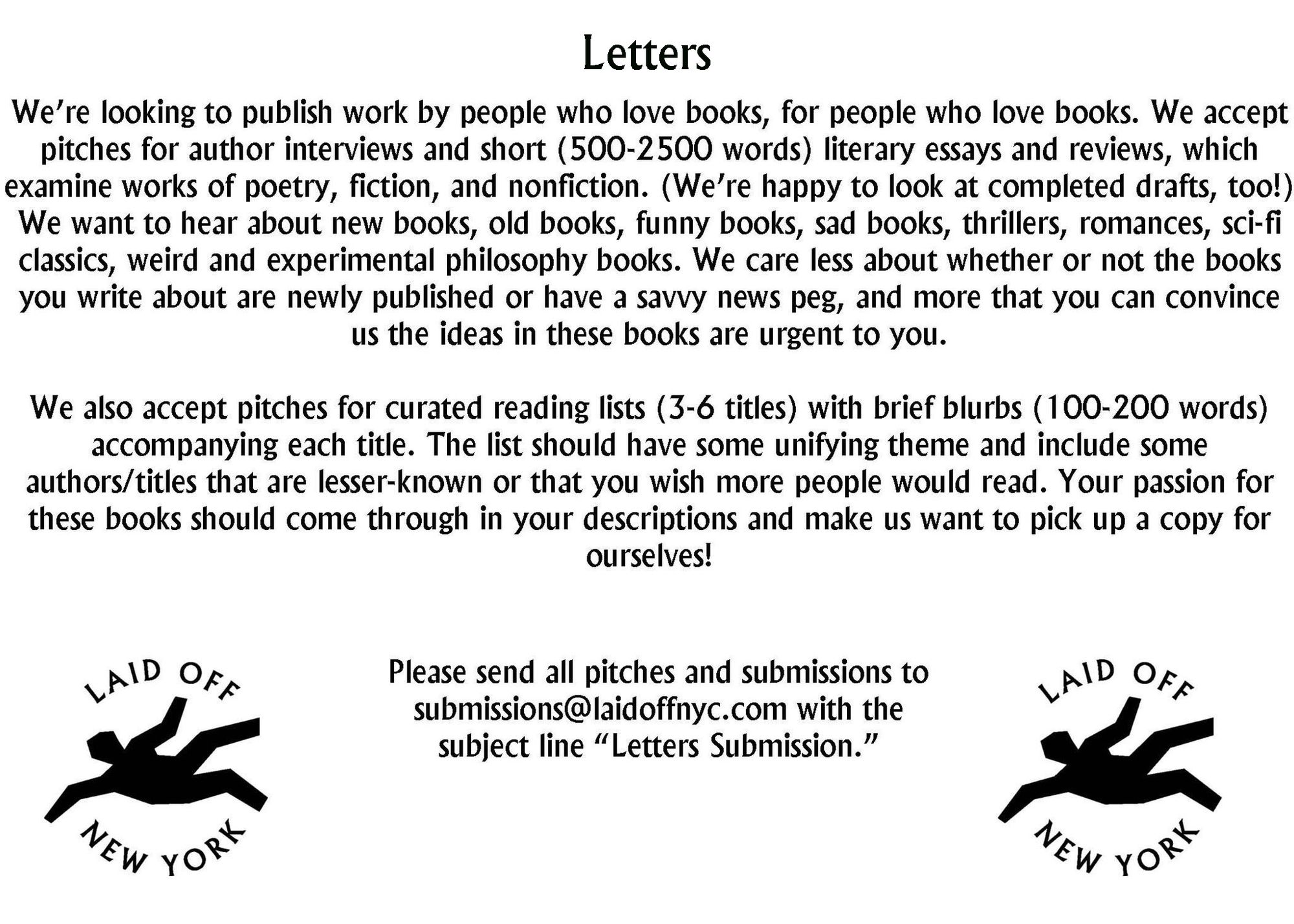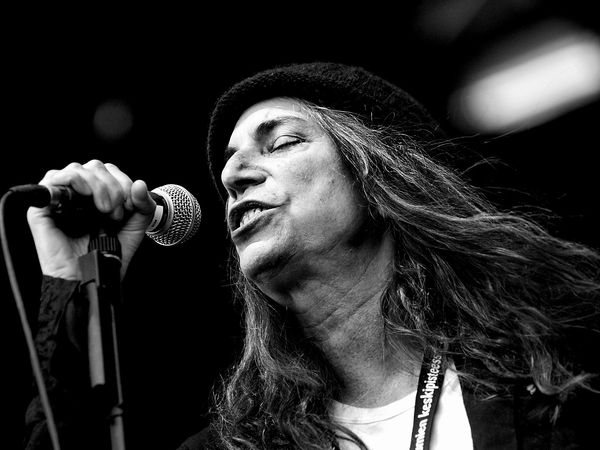by Emily Fjelstad
I didn’t enjoy reading until I started listening to audiobooks. The problem was that I read so infrequently that even reading something I loved felt tedious. I used to go into libraries and appreciate the sheer amount of knowledge available for people who were more willing to read than I was. But when I started listening to audiobooks I began to think of myself as someone who reads. Audiobooks finally gave me the whimsical curiosity I needed to walk into a library and feel like I could read anything.
I know many people who think that audiobooks are a lesser medium. That audiobooks are for people who don’t take reading seriously. That listening to an audiobook is infinitely worse than sitting down with a book on a leather sofa next to a window that looks out onto a quiet street. That even if it’s an activity worth doing, it isn’t quite reading. If you are one of these people, you should know that I don’t like you.
And yet I have taken pity on you. Audio is a different medium, not a lesser one. It offers new ways to engage with old literature. I always think it’s an ironic tragedy when those of you who say you love reading insist on limiting your experiences. These books illustrate what your narrow worldview deprives you of.

I hate this book. I never want to talk about it again. And if anyone tells me they like Jules Verne, I’m going to assume they weren’t allowed outside as a child. That said, if you’re going to read it, audio is the way to go.
But know that despite what its cover claims, it isn’t a novel. It’s a short story collection with a beginning, an end, and over 30 chapters in between that don’t develop the plot, characters, or setting in any way. Which wouldn’t be a problem, except that all the chapters are so samey—we went to a location and saw fish—that it’s impossible to keep the details straight or to care about any given location or any given fish.
The reason I’m recommending this book at all is because its faults combine to make the most effective sleep aid I’ve ever used. Has the idea of fiddling with timers to keep you from losing your place stopped you from using audiobooks to go to sleep? With this book, you’ll be knocked out in the middle of one chapter and wake up at the end of another, and you won’t even notice. Don’t like the idea of wearing headphones to bed? Play this book on a speaker across the room. Even if you miss ten minutes, you won’t be confused because none of it matters. If you want your white noise app to have more of a narrative kick, or if the podcasts you go to sleep to are keeping you awake because they’re interesting, this is the audiobook for you.
A worry I often hear from friends who are audiobook-curious is that listening to a book is only going to make them regret not having had the “more genuine experience” of reading it on paper. These same friends have had books waiting patiently on their reading lists since they were in high school. They refuse to remove these books because, they insist, they want to read them. If I accuse them of leading the books on, they’ll defend themselves by saying, “I’m waiting for the right time.”
Keeping track of the three to four different names of every character in a Russian novel is one of the introductory activities they make you do in Hell. Then, after you’ve memorized them on paper, they wipe your memory and make you do it again with an audiobook.
Yet I’ve only ever been able to finish Russian novels as audiobooks. Every time I start one on paper, I end up feeling like I’m not making meaningful progress, and it makes me doubt if I’ve ever really accomplished anything difficult in my life. But with an audiobook, I make meaningful progress without even realizing it, and it doesn’t get in the way of reading physical books. That way, the months-long commitment of reading a long novel doesn’t stop me from reading everything else.
No book better demonstrated this to me than Anna Karenina. It would have been easier to keep track of all the names on paper, but if I had let that stop me from listening to the audiobook I wouldn’t have read what many people consider the greatest novel of all time.
Reading is an activity that gets richer the more you do it. Listening to Anna Karenina not only helped me engage with the authors Tolstoy influenced; it gave me the context to engage with the authors those authors influenced—and so on and so on, exponentially. Not reading a specific book because you’re waiting for the ideal moment stifles the enjoyment you get out of reading for the rest of your life.

In Emma, every character speaks in full, articulate sentences regardless of how old they are or how much money they have. As a result, everyone is always waiting for everyone else to finish their monologues before they start misunderstanding each other. It’s a prose-like style of dialogue that demands the reader take each and every character seriously as an intelligent and independent influencer of the plot.
An inherent risk of audiobooks is that they make the story more difficult to follow—the constant flow of words makes it easy to miss important details. But Emma’s long, discursive dialogue means every plot point has to be repeated from character to character in private conversations, making them easy to keep track of, while also giving the performer ample space to give life to the characters. Emma is perfectly suited to being an audiobook. Hearing it performed is reminiscent of radio dramas that depended on dialogue to guide listeners through the narrative. Reading Emma in this form is simply a delight.
There is a moment in Hitch-22 where Christopher Hitchens talks about being pronounced dead via magazine when a picture of him is accidentally labeled “the late Christopher Hitchens.” He goes on to reflect lightheartedly about how his notion of mortality has changed now that he’s a middle-aged man. Death is less of an abstraction for him, but he’s still young enough that he worries it might be too soon to write a memoir. He died the next year.
I watched Christopher Hitchens debates on Youtube when I was in high school. His abrasive style was so engaging I could listen to him talk for hours. But unlike other contemporary writers I admire, I already know I’ll never have the opportunity to hear him speak in person.
If you’re a fan of his work, Hitch-22 is a must read. Even if you've already read it as a paperback, it's worth hearing in his own voice. Hitchens was as gifted an orator as he was a writer. I still wish I could have heard him talk in person, but I’m deeply thankful I’m able to hear him read his own memoir.
Under the Dome is a novel about a small town in Maine that gets put under a fishbowl. But the fantastical ends at the premise: The social order collapses. The book becomes a relentless look at how thin social constructs are and how terrible people can be. It’s one of my favorite Stephen King books, but if you don’t like the premise, it’s probably a safe skip.
Except holy shit, Raul Ezparza murders the narration. His calm voice conveys a chilling, emotionally detached interest. His narration gives the sense that he has a global view of everything going on and is only feeding you the moments he finds amusing. He captures the Twilight Zone nature of the premise perfectly. If I didn’t know better, I would think the book was written for his performance. I feel bad for anyone who reads the book without his narration. If you only listen to one audiobook in your life, let it be this one.

Emily Fjelstad is a conversationalist first and a writer second. She lives in Brooklyn where she does nothing in particular. Get to know her better: @EmilyFjelstad.



